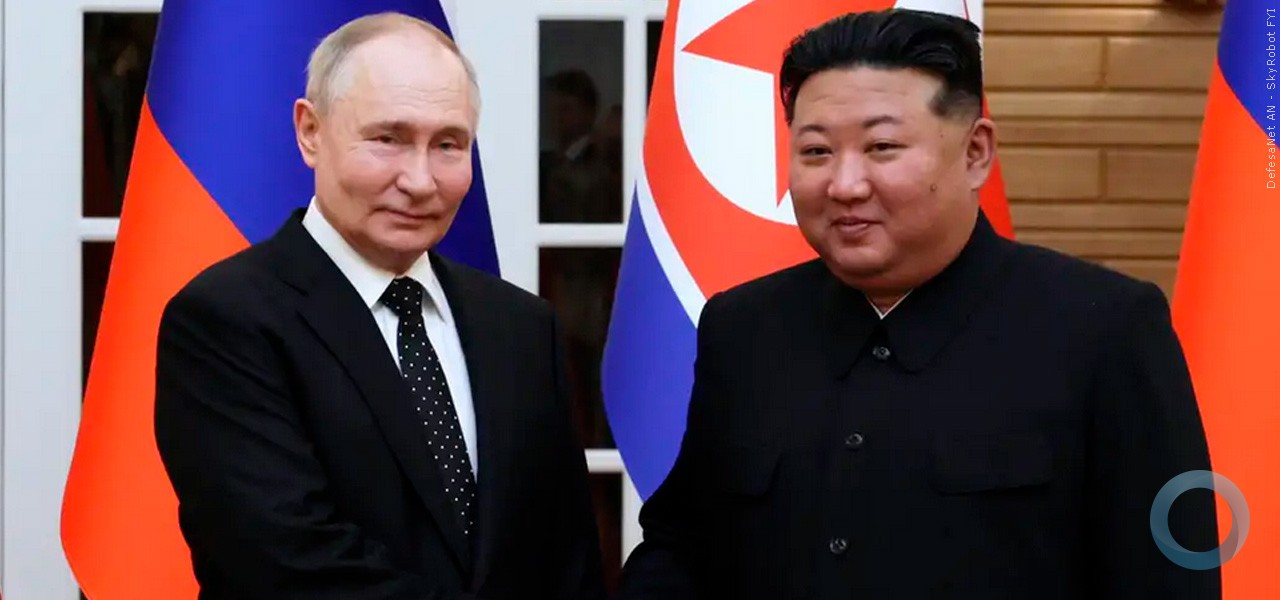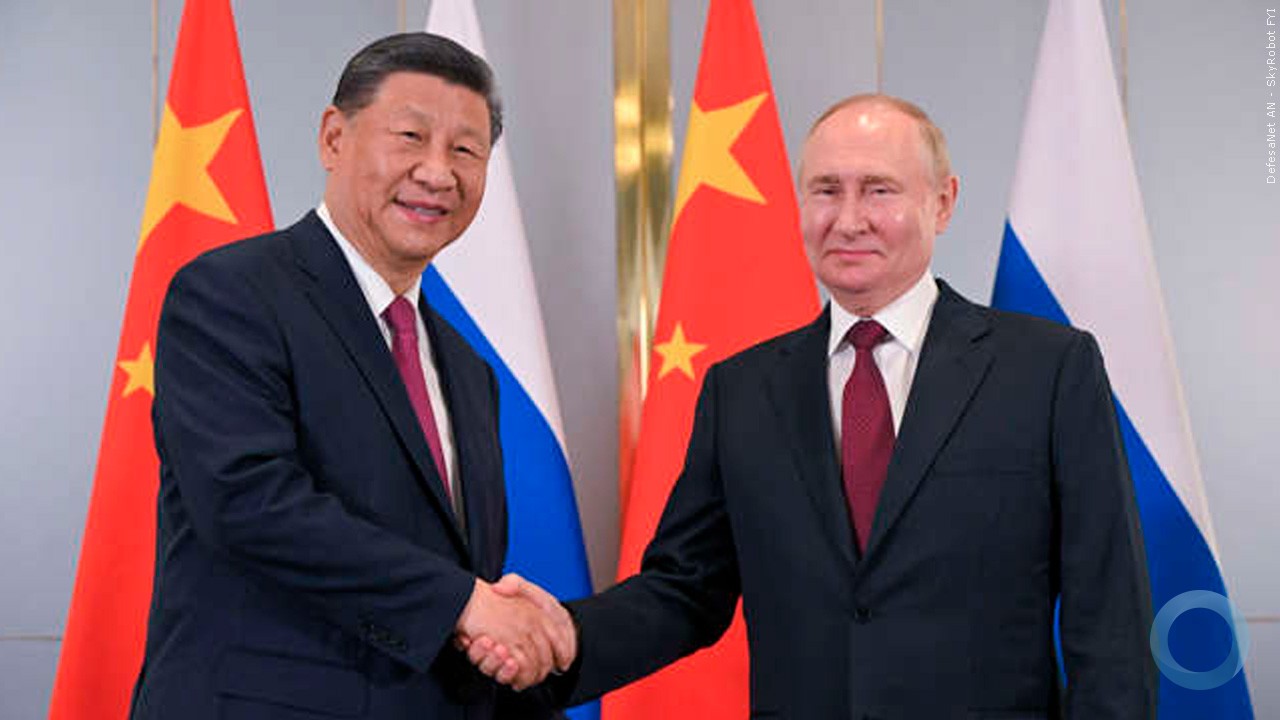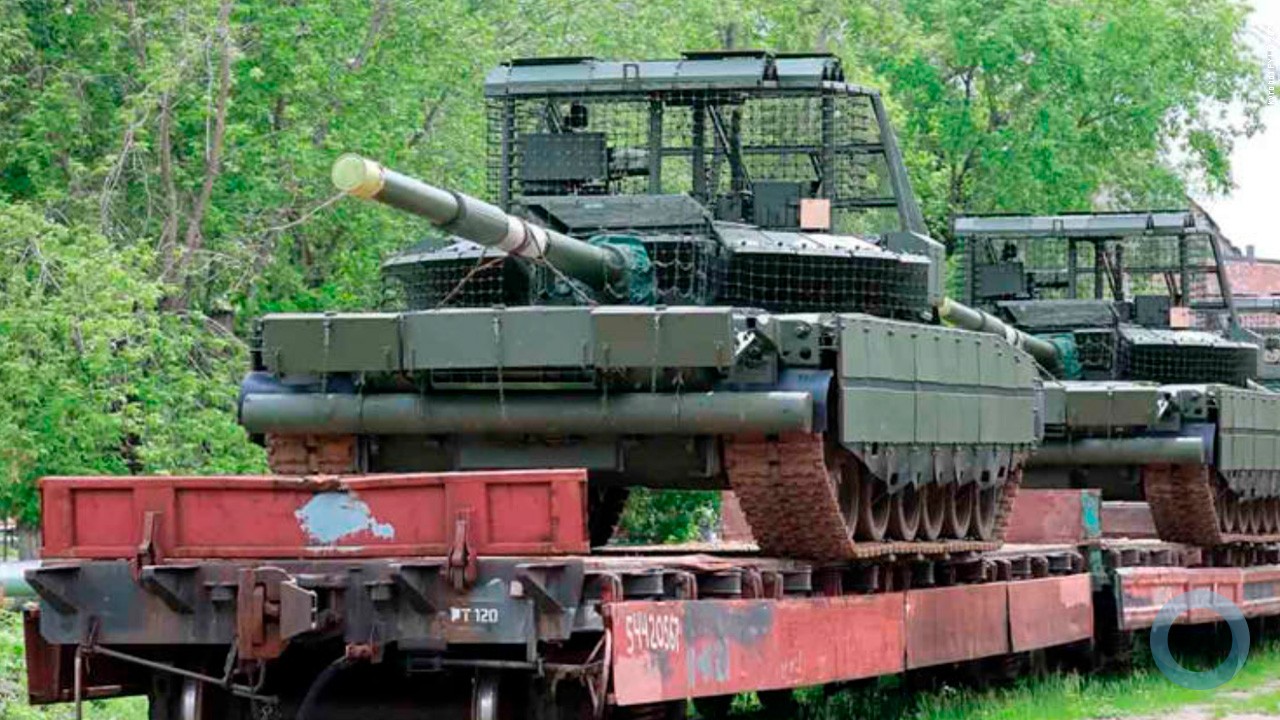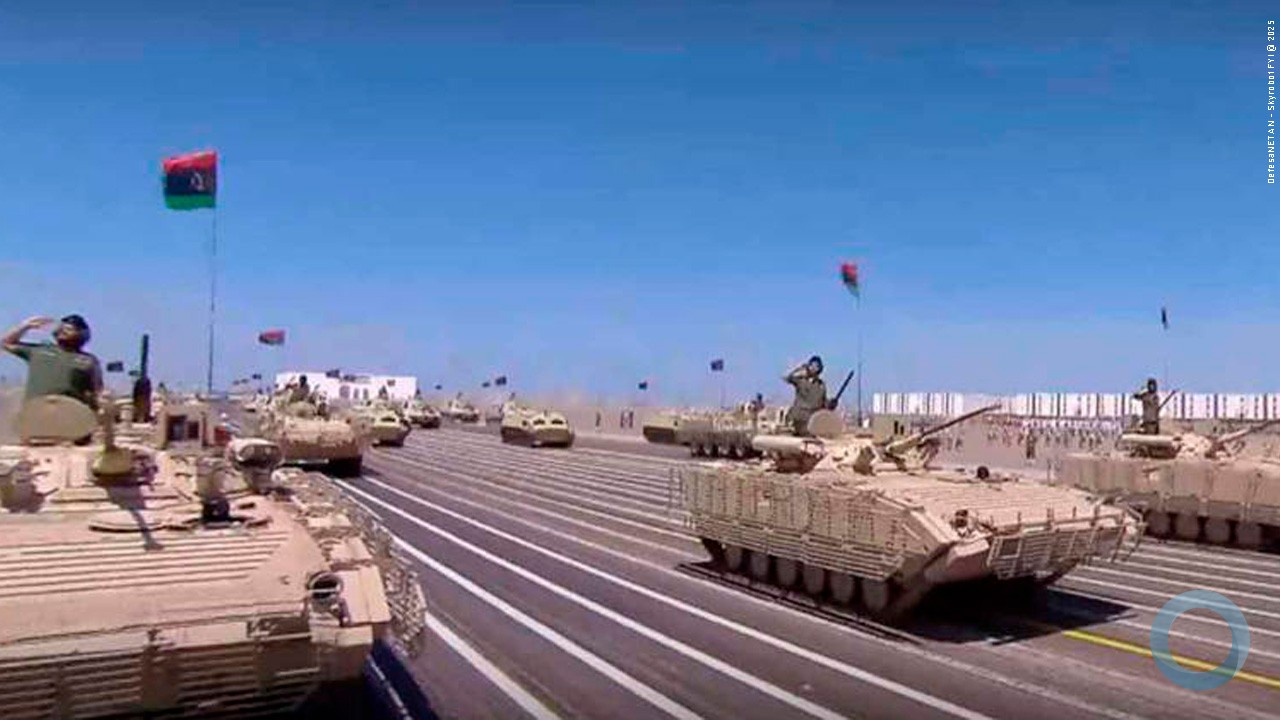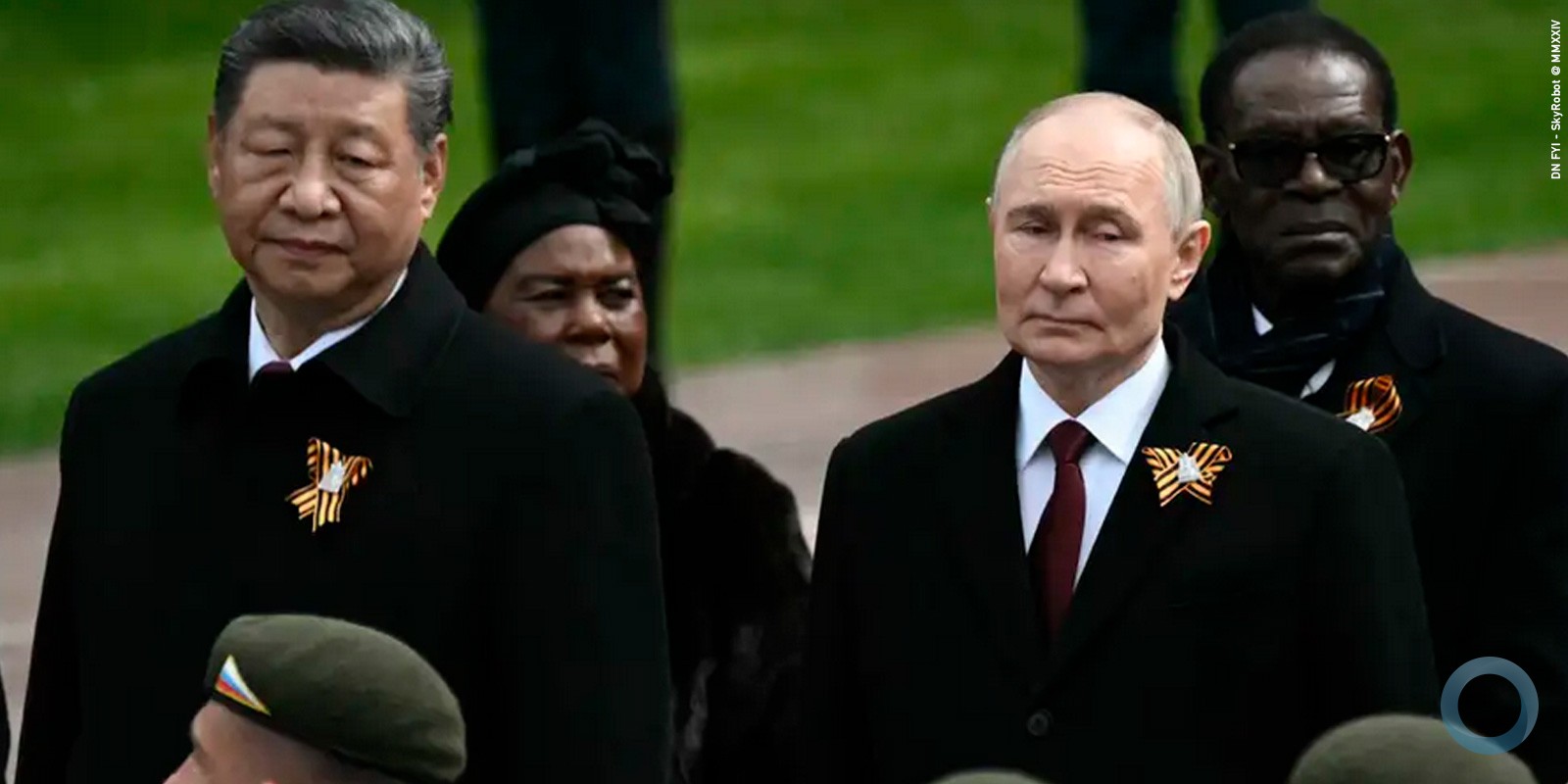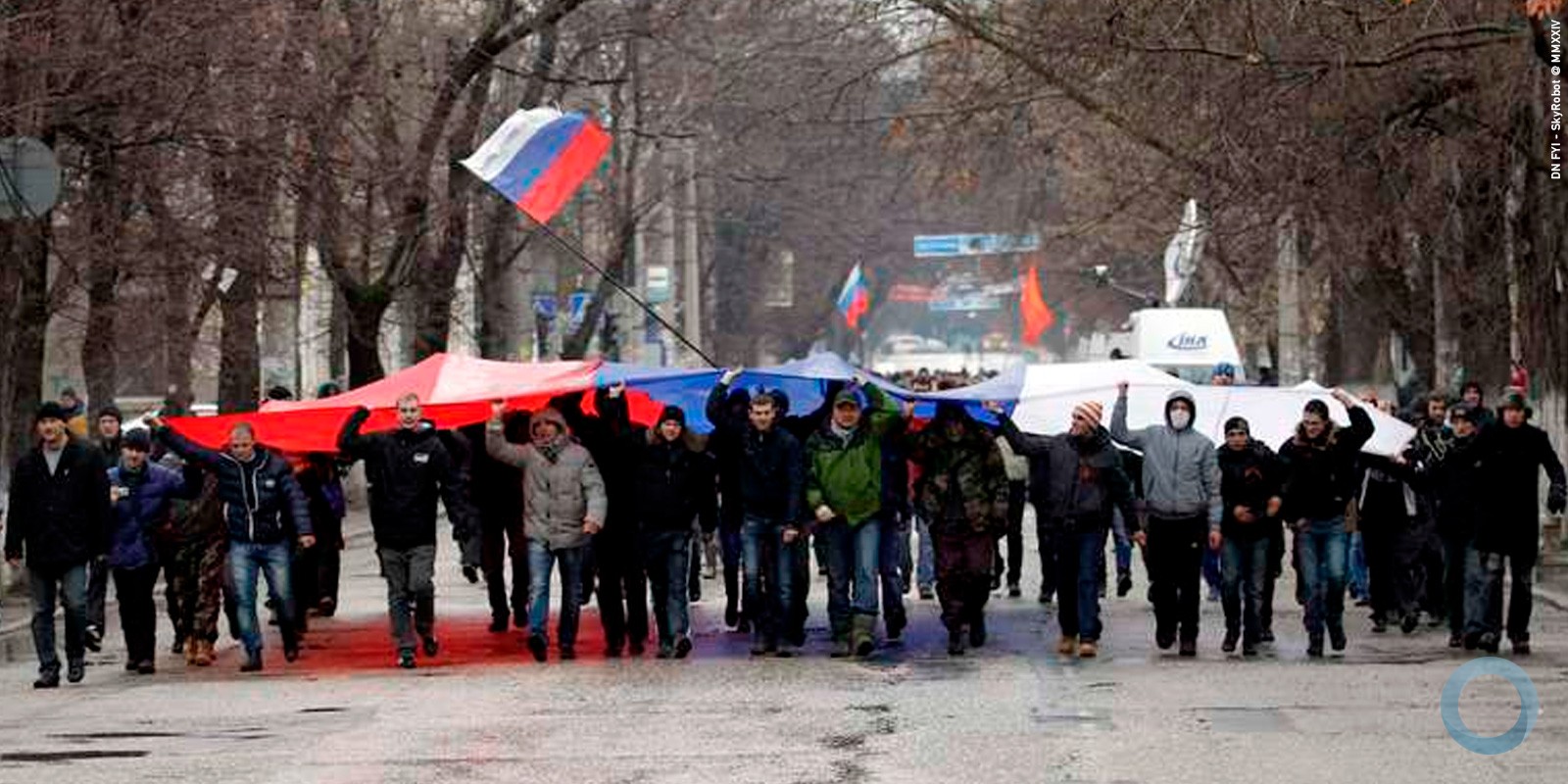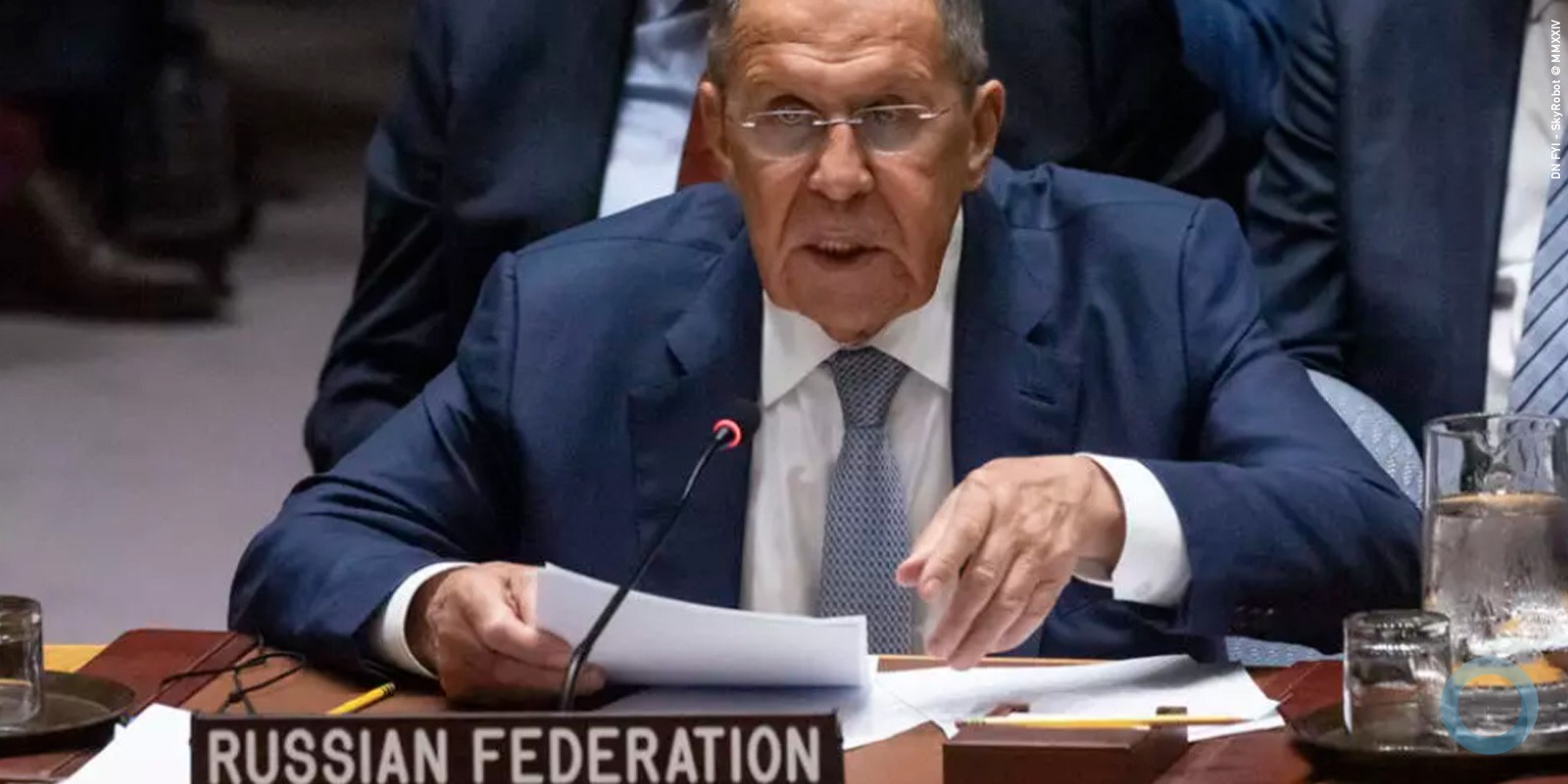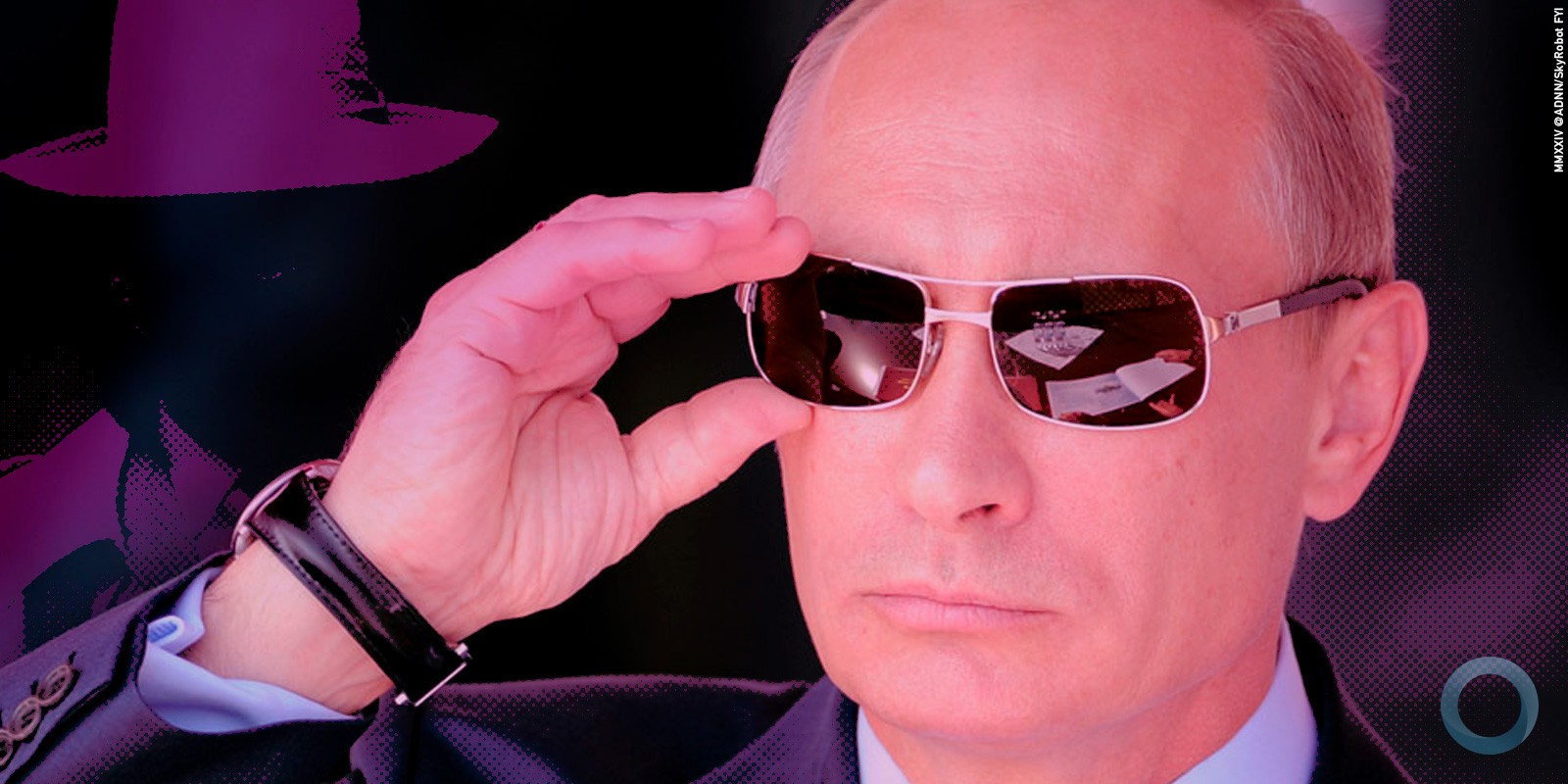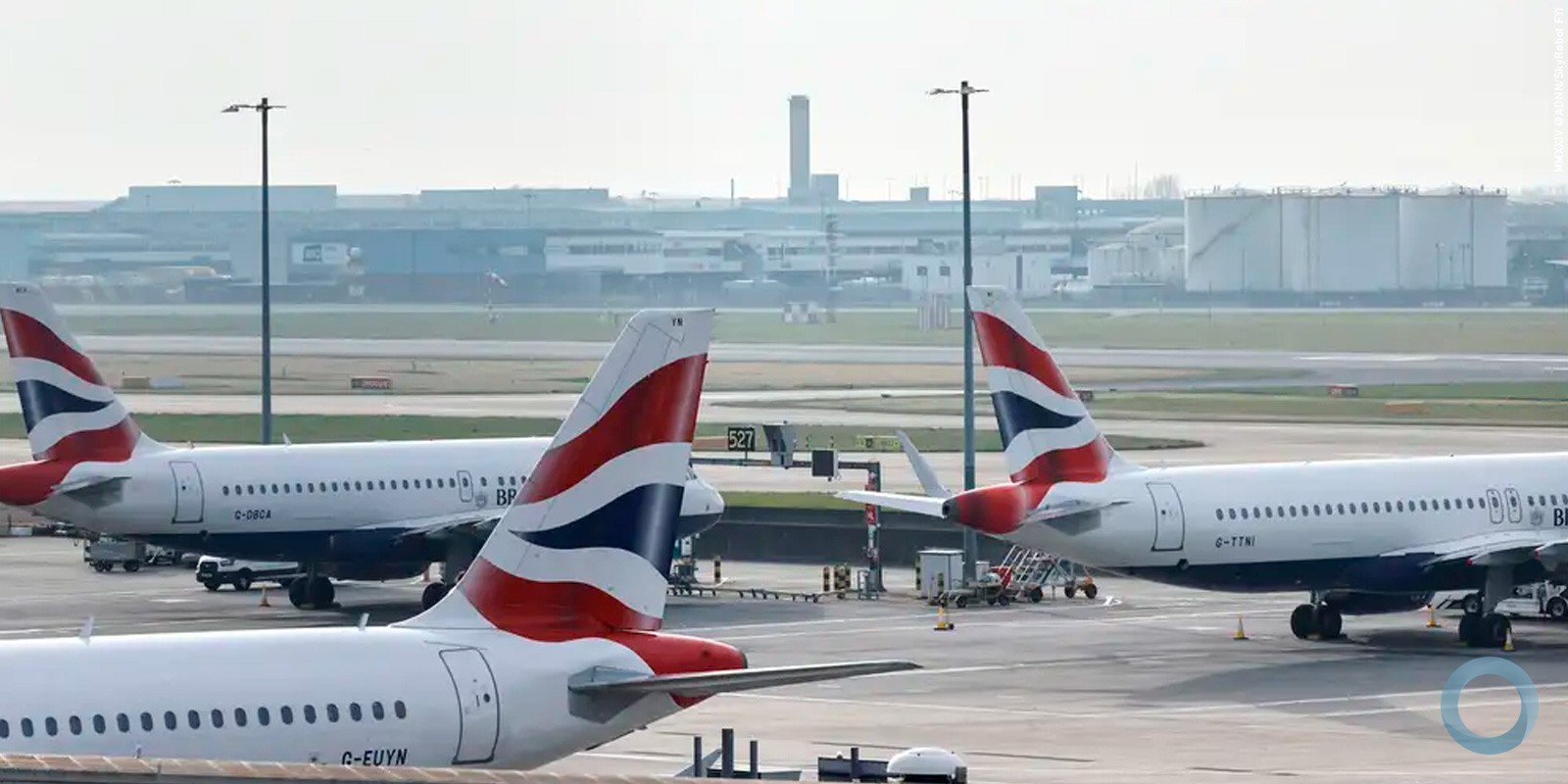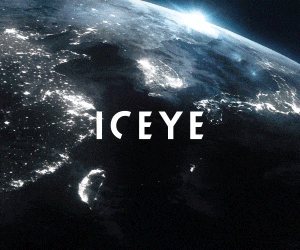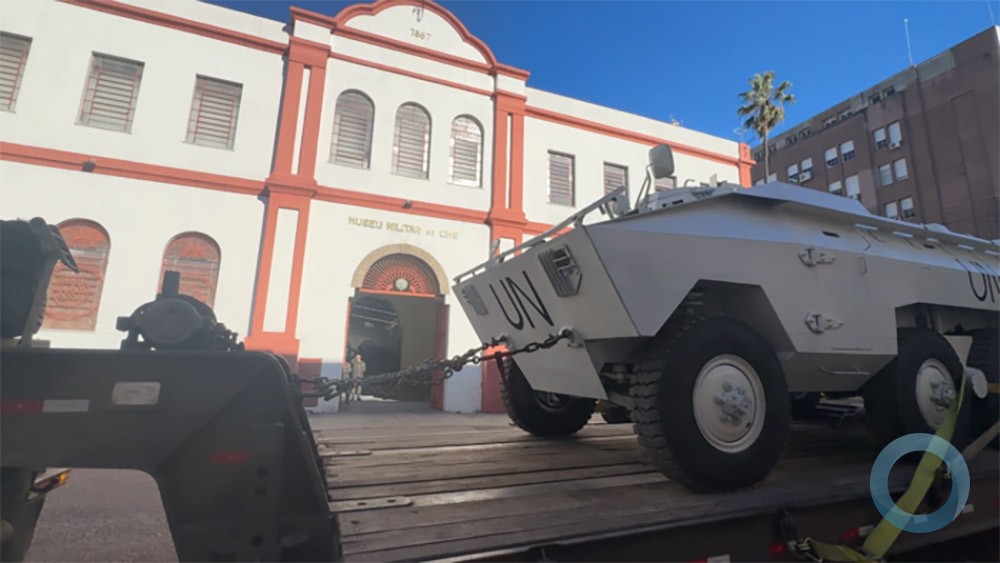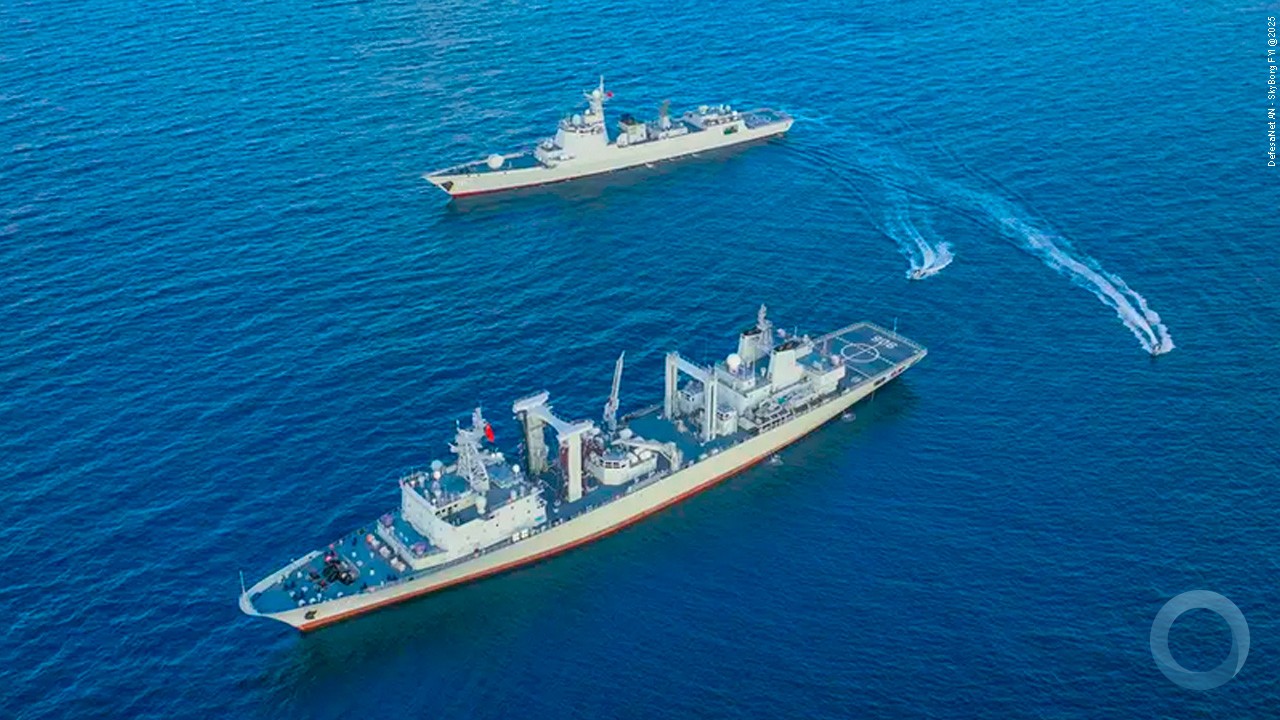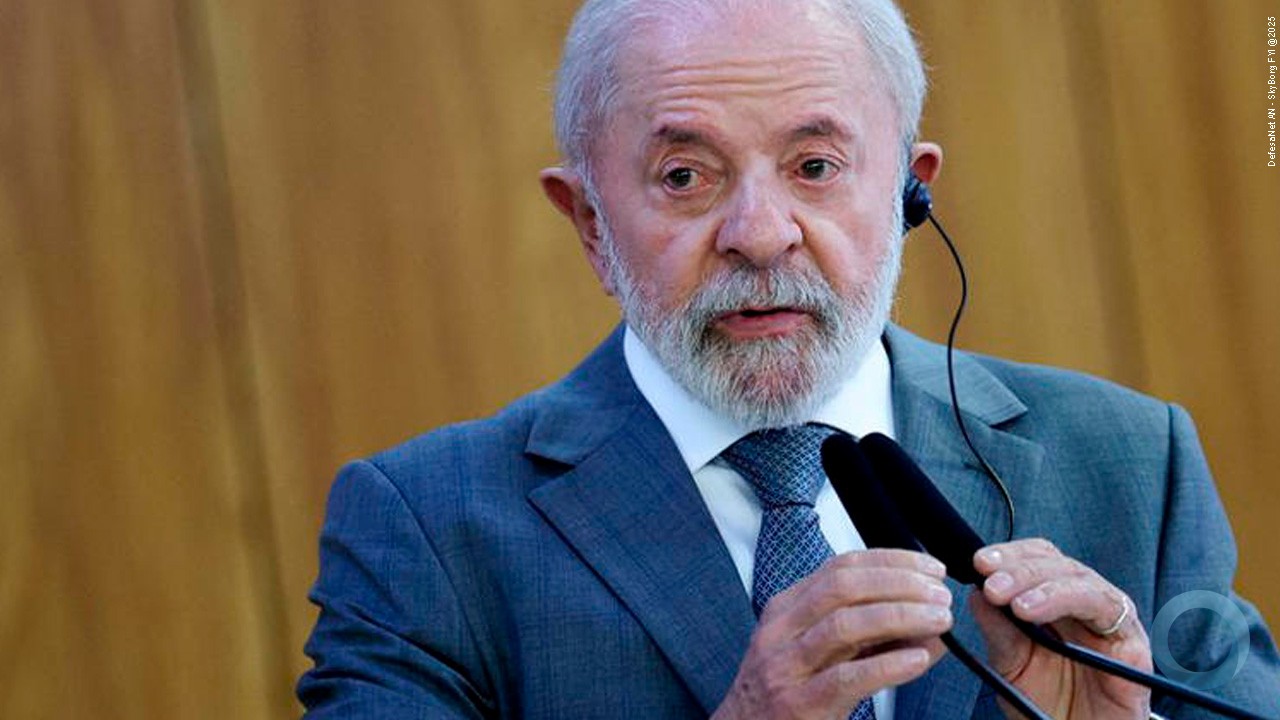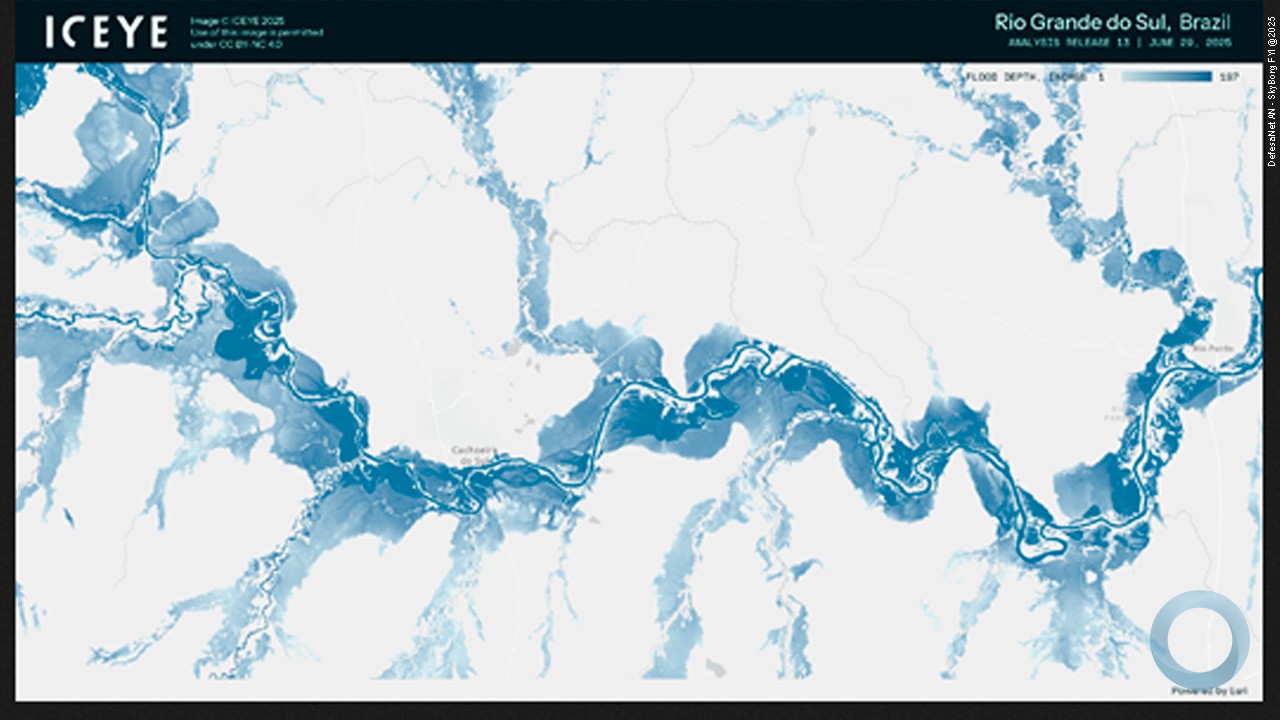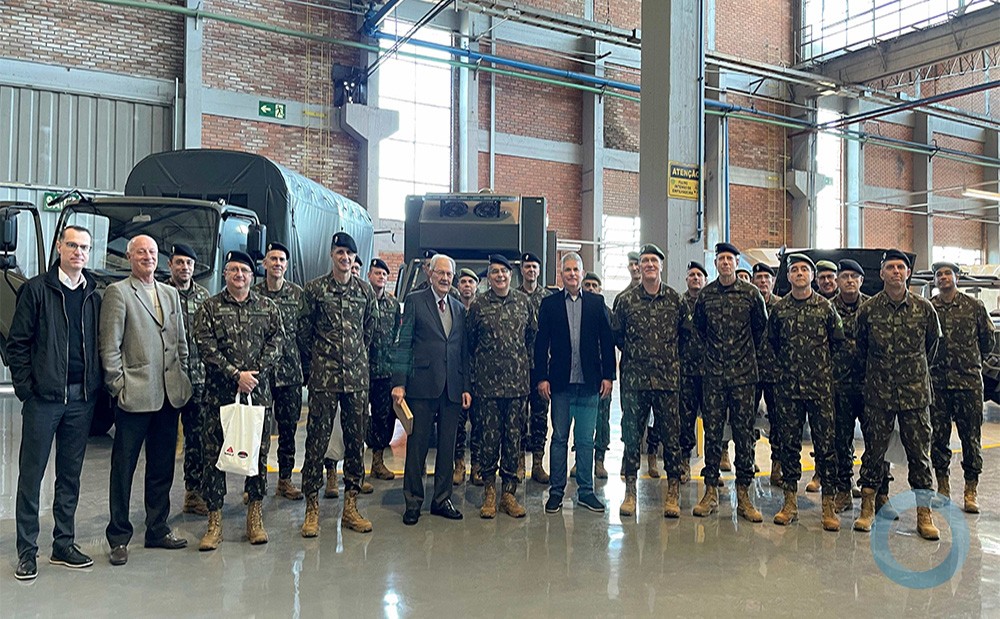The presentation of the Address was attended by Federation Council members, State Duma deputies, members of the Government, leaders of the Constitutional Court and Supreme Court, governors, speakers of the legislatures of the constituent entities of the Russian Federation, the leaders of traditional religions, public figures, including the heads of regional civic chambers, as well as the leaders of major media outlets.
* * *
President of Russia Vladimir Putin: Citizens of Russia, members of the Federation Council and State Duma,
Today’s Address is a very special landmark event, just as the times we are living in, when the choices we make and every step we take are set to shape the future of our country for decades to come.
It is at such turning points that Russia has proven, time and again, its ability to develop and renew itself, discover new territories, build cities, conquer space and make major discoveries. This unwavering forward-looking drive, coupled with traditions and values, ensured the continuity in the thousand-year-long history of our nation.
We have gone through major challenging transformations, and were able to overcome new and extremely complex economic and social challenges, preserved the unity of our country, built a democratic society and set it on the path to freedom and independence.
We ensured sustainability and stability in almost all areas of life, which is critical for a huge and multi-ethnic country like ours with its complex federative structure and diversity of cultures, with historical divides that are still alive in people’s memory and major challenges Russia had to face over the course of its history.
However, sustainability is the foundation of development but not its guarantee. We have no right to allow a situation when the stability that has been achieved would lead to complacency, all the more so as many problems remain unresolved.
Today, Russia ranks among the world’s leading nations with a powerful foreign economic and defence potential. But we have not yet reached the required level in the context of accomplishing our highly important task and guaranteeing people’s quality of life and prosperity. But we must do this, and we will do this.
As I said in the past, the state’s role and positions in the modern world are not determined only or predominantly by natural resources or production capacities; the decisive role is played by the people, as well as conditions for every individual’s development, self-assertion and creativity. Therefore, everything hinges on efforts to preserve the people of Russia and to guarantee the prosperity of our citizens We must achieve a decisive breakthrough in this area.
I repeat, a solid foundation has been created for this. Therefore, we can now set and accomplish new tasks. We already have substantial experience in implementing ambitious programmes and social projects. The Russian economy has proved its resilience, and the current stable macro-economic situation opens up new opportunities for surging ahead and maintaining long-term growth.
Finally, the world is now accumulating a tremendous technological potential making it possible to achieve a real breakthrough in improving the people’s quality of life and modernising the economy, the infrastructure and state governance and administration. How effectively we will able to use the colossal potentialities of the technological revolution, and how we will respond to its challenges depends on us alone. In this sense, the next few years will prove decisive for the country’s future. I reiterate, these years will be decisive.
I will tell you why. What I will say now has no connection to the domestic political cycle or even the presidential election. No matter who is elected President, each Russian citizen and all of us together must be able to see what is going on in the world, what is happening around us, and what challenges we are facing.
The speed of technological progress is accelerating sharply. It is rising dramatically. Those who manage to ride this technological wave will surge far ahead. Those who fail to do this will be submerged and drown in this wave.
Technological lag and dependence translate into reduced security and economic opportunities of the country and, ultimately, the loss of its sovereignty. This is the way things stand now. The lag inevitably weakens and erodes the human potential. Because new jobs, modern companies and an attractive life will develop in other, more successful countries where educated and talented young people will go, thereby draining the society’s vital powers and development energy.
As I have said, changes concern the entire civilization, and the sheer scale of these changes calls for an equally powerful response. We are ready to provide it. We are ready for a genuine breakthrough.
My confidence is based on the results we have achieved together, even though they may seem modest at first glance, as well as on the unity of Russian society and, most importantly, on the huge potential of Russia and our talented and ingenious people.
In order to move forward and to develop dynamically, we must expand freedom in all spheres, strengthen democratic institutions, local governments, civil society institutions and courts, and also open the country to the world and to new ideas and initiatives.
It is high time we take a number of tough decisions that are long overdue. We need to get rid of anything that stands in the way of our development and prevents people from fully unleashing their potential. It is our obligation to focus all resources and summon all our strength and willpower in this daring effort that must yield results.
Otherwise, there will be no future for us, our children or our country. It is not a question of someone conquering or devastating our land. No, that is not the danger. The main threat and our main enemy is the fact that we are falling behind. If we are unable to reverse this trend, we will fall even further behind. This is like a serious chronic disease that steadily saps the energy from the body and destroys it from within step by step. Quite often, this destructive process goes unnoticed by the body.
We need to master creative power and boost development so that no obstacles prevent us from moving forward with confidence and independently. We must take ownership of our destiny.
Colleagues,
What should be our priority? Let me reiterate that I believe that the main, key development factor is the well-being of the people and the prosperity of Russian families.
Let me remind you that in 2000, 42 million people lived below the poverty line, which amounted to nearly 30 percent – 29 percent of the population. In 2012, this indicator fell to 10 percent.
Poverty has increased slightly against the backdrop of the economic crisis. Today, 20 million Russian nationals live in poverty. Of course, this is much fewer than the 42 million people in 2000, but it is still way too many. There are even working people who have to live very modest lives.
For the first time in our recent history, the minimum wage was equated with the subsistence level. This provision will come into force on May 1, 2018, and will benefit about 4 million people. This is an important step but it still falls short of offering a fundamental solution.
We need to upgrade the employment structure that has become inefficient and archaic, provide good jobs that motivate people, improve their well-being and help them uncover their talents. We need to create decent well-paid jobs. This would help deliver on one of the key objectives for the next decade, which is to guarantee sustained long-term real income growth, and to reduce the poverty rate by at least one half over the next six years.
It is our moral duty to provide all-round support to members of the older generation, who have made a tremendous contribution to national development. Senior citizens must have worthy conditions for a long, active and healthy life. Most importantly, we must raise pensions and index them regularly, so that they outpace inflation. We will also strive to reduce the gap between the size of pensions and pre-retirement wages. And, of course, we must raise the quality of healthcare and social support for senior citizens and help people who are alone and those facing problems in life.
We need to address all these issues using a comprehensive approach. As I see it, the future new Government will have to draft a special programme for the systematic support of senior citizens and for improving their quality of life.
We consider every person important and valuable. People need to know that they are needed, and they must live a long and healthy life and enjoy their grandchildren and great-grandchildren. They need to see their children grow up and become successful in a powerful, rapidly developing and successful country that is attaining new development levels.
Russia must firmly assert itself among the five largest global economies, and its per-capita GDP must increase by 50 percent by the middle of the next decade. This is a very difficult task. I am confident that we are ready to accomplish it.
Of course, life expectancy is a highly important fundamental parameter for gauging the well-being of citizens and the country. In 2000, Russia posted a life expectancy of just over 65 years, with men’s life expectancy falling below 60 years. This is not just low, it is a tragedy, and this parameter is tragically inadequate.
In the past few years, Russia has been posting a major increase in average life expectancy levels, which is among the highest in the world. We have managed to accomplish this task. Life expectancy levels have increased by over seven years and now total 73 years. But, of course, this is not enough either. Today, we must set an entirely new goal. By the end of the next decade, Russia must confidently join the club of countries posting a life expectancy of 80-plus years, which includes Japan, France and Germany.
At the same time, life expectancy levels for people living a healthy, active and full life, when they are not hampered and pinned down by illness, must grow faster than planned. I am confident that we can achieve this goal, considering the positive trends of the previous years. For this purpose, the whole of Russia will have to make a quantum leap in its development, so that the life of every person is transformed.
Colleagues,
We need to create a modern living environment and transform cities and villages across the country. In doing so, we must make sure that they preserve their identity and historical heritage. We already have positive experience in renovating the urban environment and infrastructure. Let me elaborate on this point. Cities like Kazan, Vladivostok and Sochi have already benefited from upgrades of this kind. Change is underway in many regional capitals and smaller cities. Overall, we now know how to do it.
I propose launching a large-scale spatial development programme in Russia, which would include developing cities and other communities by at least doubling spending in this area over the next six years.
It is obvious that the effort to develop cities and other communities goes hand in hand with the need to overcome challenges in other areas, including healthcare, education, environment and transport. Initiatives in all these segments will require additional funding. I will talk about this matter further in my Address.
Urban renovation should be supported by the introduction of state-of-the-art construction technology and materials, modern architectural solutions, digital technology for social services, transport and utilities sectors. Among other things, this would make the housing and utilities sector more transparent and efficient, so that people receive quality services at a reasonable cost.
This large-scale project brings the promise of better economic and social development prospects, a modern living environment, and a favourable climate for cultural and civil initiatives, for small businesses and start-ups. All this would facilitate the emergence of a large and creative middle class in Russia.
Of course, a lot will depend on municipal and local authorities and whether they will be receptive to new ideas. The ability to respond to the diverse needs of various generations, including families with children, retirees and people with disabilities, will also be instrumental. People must have a decisive say in the future of their cities and villages. We have discussed this many times, including at meetings with heads of municipalities. Today, I am not saying it just to check the box. I ask you to bring it to the attention of decision-makers at all levels.
It is important that the development of cities becomes the driving force for the whole country. Russia is a country with a vast territory, and its active, dynamic life cannot be concentrated in several metropolitan cities. Big cities must distribute their energy, and serve as a support for the balanced, harmonious spatial development of the whole of Russia.
Therefore, there is an urgent need for an appropriate modern infrastructure. I will return to this later. However, it is obvious that developed utilities is what will enable residents of small towns and villages to take advantage of all the opportunities and modern services that are available in big cities, and smaller towns will be closely integrated into Russia’s single social and economic space. At the same time, we will support initiatives that will help our small towns and villages to preserve their cultural identity, to re-discover their unique potential in a new way.
Particular attention will be paid to the social and infrastructural development of rural areas. Russian agriculture has already become a globally competitive industry. Therefore, people who work for this success should live a comfortable and modern life.
Colleagues,
I understand how important it is for everyone, for every family, to have their own house, their own home. I know this is the problem of problems in Russia. It lingers from decade to decade. How many times governments promised and tried, sincerely tried to resolve it. But we can and must do it now.
In 2017, three million families in Russia improved their living conditions. Now we need to reach a stable level (I emphasise this: it is the first time in the history of modern Russia) – to a level where at least five million families improve their housing conditions annually. This is a difficult task – to jump from three million to five. We reached 3.1 million last year, but we need to make it five. Yet, it is an attainable goal.
I see three key factors for increasing the affordability of housing. The first is the growth of people’s incomes. I have spoken about this in the past, and we must ensure this. Next, a decrease in mortgage interest rates and, of course, an increased supply in the housing market.
I would like to remind you of something that few people remember, which is that only 4,000 mortgage loans were issued in 2001. Only 4,000. The interest rate was as high as 30 percent, including on foreign currency loans. By the way, half of the mortgage loans were issued in foreign currency. Few people could afford to take out mortgage loans then. Last year, the number of mortgage loans almost reached one million. In December, the average interest rate on ruble loans for the first time decreased to below 10 percent.
We know, of course, that loan terms are individual and may differ from one borrower to another. But we must continue to lower the average interest rate to 7–8 percent. We held long discussions on the figure I should say here. I am sure that the target figure should be 7 percent. In the next six years, mortgage loans must become accessible to the majority of Russian families, working people and young professionals.
Here are some more figures. In the 1950s through 1970s, we annually built approximately 60 million square metres of housing a year. The figure rose to 70 million by the late 1990s. Now we annually build around 80 million square metres of housing every year. We built even more housing in some years, but the average figure is 80 million. We must move forward and reach new heights in this sphere, that is, increase the volume of housing built every year from 80 million to 120 million square metres. This is an ambitious but realistic goal, given new technologies, the experience our construction companies have accumulated, as well as new materials. The rise from 80 to 120 million square metres is what we need and can achieve. I will tell you why: if we want 5 million families to receive new housing every year, we must reach the figure of 120 million square metres.
Those who invest their money in housing projects must be securely protected. We should gradually proceed from unit construction to project financing, when developers and banks, but not people, shoulder the risks.
I also propose revising the personal property tax. It must be fair and affordable.
Some people, including those in this hall, tried to convince me that this tax should be based on the market value of property. They told me that using obsolete valuation by the Technical Inventory Bureau is an anachronism. But it turned out in reality that cadastral value, which should be comparable to market value, often exceeded it by far. This was not the agreement. And the people did not expect this from us.
We must revise the mechanism for calculating the tax and also the calculation of the cadastral value of property. One way or another, it must not exceed the real market value. All decisions regarding this must be taken without delay in the first six months of this year.
Colleagues,
We must penetrate the whole country with advanced communications to develop cities, towns, to enhance business activity and to meld together Russia’s entire territory.
The Crimean Bridge will open to cars in just a few months and to trains next year. This will stimulate the development of Crimea and the entire Russian Black Sea region.
We have overhauled federal roads. Now we must modernise regional and local routes. I am not going to talk about the figures now, but I know them. It is a fact that federal roads have mostly been renovated. The situation is somewhat worse with regional roads, and it is completely unacceptable with local roads. I address this to regional and city heads: you must constantly focus your attention on the roads. You must improve the quality of road construction using advanced technology and solutions, infrastructure mortgage loans and life cycle contracts.
Of course, another critical task is to improve safety on the roads and to decrease the mortality rate in road accidents to the minimum.
Overall, in the next six years, we must almost double the spending on road construction and repairs in Russia and to allocate more than 11 trillion roubles for this from all sources. This is a lot; keep in mind that we have allocated 6.4 trillion rubles in 2012–2017, but we need 11 trillion.
Large Eurasian transport corridors will also be developing. An automobile road that will become part of the Europe – Asia-Pacific corridor is already under construction. Our Chinese and Kazakhstani partners involved in this project together with us have already completed their part. Their sections have already been opened, so we need to speed up our work.
The throughput capability of the Baikal-Amur Mainline and the Trans-Siberian Railway will grow 1.5 times, up to 180 million tonnes, in six years. It will take seven days for containers from Vladivostok to reach the western borders of Russia. This is just one of the infrastructure projects that will bring quick economic returns. It includes freight, so all investment will be paid off very quickly and will contribute to these regions’ development.
The volume of transit shipments on our railways must grow almost fourfold. This means that Russia will become a global leader in transit shipping between Europe and Asia.
In 1990, the ports of the Soviet Union had an aggregate capacity of 600 million tonnes, but after the country broke apart, we lost almost half. In the early 2000s, Russian ports could handle only 300 million tonnes. Over the last 17 years, this figure has tripled. In early 2017, the aggregate port capacity in Russia exceeded 1 billion tonnes for the first time in history. As you can see from the charts, this exceeds the level reached by the Soviet Union by more than two thirds. By the way, these are the figures for early 2017, and the capacity currently stands at 1,025 billion tonnes.
We need to further expand this capacity, including by increasing the capacity of railway links to ports in the Azov and Black Sea basin 1.5-fold to 131 million tonnes.
The Northern Sea Route will be the key to developing the Russian Arctic and Far East. By 2025, cargo traffic along this route will surge tenfold to 80 million tonnes. Our goal is to make it a truly global and competitive transport route. Let me remind you that the Northern Sea Route was used more actively in Soviet times compared to how we have been using it so far. We will definitely develop this route and reach new horizons. I have no doubt about it.
We will continue our proactive policy to attract investment and create social and economic growth centres in Russia’s Far East. We will create all the conditions to ensure a people-friendly living environment, so that people move to this region and its population grows.
A number of large-scale industrial projects have been launched in the Arctic. They comply with the highest environmental standards. We are strengthening the research, transport, navigation and military infrastructure, which is expected to guarantee Russia’s interests in this strategic region. Russia builds cutting-edge nuclear icebreakers. We have had the most powerful icebreaker fleet in the world, and this will remain so.
We will renovate and expand the network of regional airports across Russia. In six years, half of the regions will be connected between each other by direct flights. The situation where you had to make a connection in Moscow when flying to a neighbouring region will become a thing of the past. We are already working on this. This includes efforts to develop aviation and airports.
The Spatial Development Strategy will serve as a foundation for preparing a comprehensive plan to modernise and expand the backbone traffic infrastructure. I believe this to be a priority for the future Government.
Russia must not just become the world’s key logistics and transport hub, but also, which is very important, a global centre for the storage, processing, transfer and reliable protection of large volumes of information, so-called big data.
Overall, infrastructure development must take into account global technological changes. In other words, the projects we are now considering must include practical solutions for combining infrastructure with drones and digital marine and air navigation, as well as use AI to streamline logistics.
Likewise, we must introduce new technologies for the generation, storage and relay of energy. In the next six years, we plan to attract some 1.5 trillion rubles in private investment for modernising our power generation sector. All power systems throughout the country must convert to digital technology. We must use the so-called distributed generation method to supply electricity to remote areas.
By 2024, high-speed internet will be available throughout the country. We will complete the construction of fibre optic lines in the majority of populated areas with a population of more than 250 people. Small remote towns in the Extreme North, Siberia and the Russian Far East will access internet via a network of Russian satellites.
We will use advanced telecommunications to give our people access to the digital world. As we know, this is more than just modern services, online education and telemedicine, although all this is very important. More than that, people will be able to use digital space to conduct research, organise volunteer and project groups or run companies. In our vast country, this combination of talent, competencies and ideas amounts to a huge ground-breaking resource.
Colleagues,
A crucial task facing every one of us is to make advanced high-quality healthcare widely accessible. We must be guided by the highest international standards in this area.
In 2019–2024, we need to spend over 4 percent of the GDP each year to develop the healthcare system. At the same time, the goal we must bear in mind is 5 percent. In absolute terms, this means that healthcare spending must double. In addition, we must find new funding opportunities that would not limit economic growth.
I would like to thank doctors, paramedics and nurses for their difficult and highly necessary work. A great deal depends on these people, as well as on teachers, counsellors and cultural workers, and they must receive decent salaries.
We have done a lot to implement the 2012 May executive orders. I must say that there were several failures, but overall, despite the demanding targets of these orders, without them we would not have had the results we can see today. We must always set ambitious tasks.
We must not lose the positions we have already attained. I am referring to the level of wages. Wages in the public sector must continue growing, as well as the quality of work and skills of the people working in healthcare, education and other areas that define people’s wellbeing.
In recent years, we have optimised the hospital network in the country. This was done in order to build an effective healthcare system. However, in some case, I have to say this today, too many administrative changes were introduced: hospitals in small towns and villages have been closed. No one proposed an alternative, and people were left with practically no medical aid. The only advice they were given was, “Go to the city to get treatment there.” I must say that this is unacceptable. They forgot about the main thing: the people, their interests and needs, equal opportunities and justice.
This must not happen in healthcare or any other area. We must provide, or restore where necessary, easy access to primary healthcare. We can do this, but we should have done this from the very beginning, when we started the reforms.
This must be done as quickly as possible. In the period from 2018 to 2020, we must ensure that each small town with a population of 100 to 2,000 people has a paramedic station and an outpatient clinic. For villages with less than 100 people – we also have villages as small as that – we will organise mobile medical units, all-terrain vehicles with all the necessary diagnostic equipment.
These projects should be closely monitored. I consider them extremely important. And I also ask the Russian Popular Front to stay in contact with people, to keep an eye on the situation on the ground. At the same time, outpatient clinics and paramedic stations, regional healthcare facilities and leading medical centres should be linked into a single digital network so that the entire national healthcare system is involved in helping each person.
Disease prevention is a vitally important task. In the 1990s, this work was largely neglected. We began to restore it. We need to provide all people with a real opportunity to have a complete physical at least once a year. This is also important for encouraging a responsible attitude to one's own health.
Modern diagnostics will reduce mortality among the working age population, and consolidate the positive trends in treating cardiovascular disorders. We can see these positive trends, which is very good. But we also need to fight other threats such as cancer.
Colleagues, I think that practically every one of us has relatives or friends or friends of friends afflicted with this disease – cancer. I propose to implement a special national cancer programme, to involve scientists and the national pharmaceutical industry, to modernise oncological centres, to build a modern system from early diagnosis to timely effective treatment that will protect people. We have positive experience in this area. We must reach the cutting-edge, the highest level of all the key indicators that show the effectiveness of cancer care – experts should know what they are.
Colleagues,
Medical assistance alone is not enough to protect public health. We must also ensure high standards of environmental safety across Russia.
A long a healthy life is hard to achieve when millions of people drink substandard water, when we see black snow, as it happened in Krasnoyarsk, and when people in large industrial centres such as Cherepovets, Nizhny Tagil, Chelyabinsk or Novokuznetsk do not see the sun for weeks on end.
We have tightened environmental requirements for companies, which should reduce industrial pollution. Starting in 2019, 300 industrial enterprises with a negative impact on the environment must convert to the best available environmentally friendly technology, and all enterprises in the high environmental risk group must do this starting in 2021.
We had a go at this problem many times, and every time our companies complained about the difficulties involved. There is no going back now. I want everyone to know that we will not delay this programme any longer.
We also need to modernise our thermal power plants, boiler houses and utility services, build bypass routes to ease transit traffic congestion in large cities, as well as use low-impact public service vehicles. The authorities and public volunteers have reported some 22,000 landfill sites. We must address this problem as a priority, starting with the removal and reclamation of landfill sites within city limits.
We must seriously improve the quality of drinking water. In some small towns, water is only available for several hours a day. We must use defence industry technologies to settle these problems.
We will launch conservation projects for the unique natural systems of Lake Baikal and Lake Teletskoye, as well as the entire Volga Basin, which will help improve living conditions for nearly half of Russia’s population.
We will establish 24 new nature reserves and natural parks. They should be open for ecotourism, which is important for encouraging a caring and responsible attitude to nature.
Colleagues,
The year 2018 in Russia has been declared the Year of Volunteers. It is highly symbolic that the year started with the adoption of a law whereby authorities at all levels were tasked with assisting volunteers. Today, proactive and concerned citizens and socially-minded NPOs contribute to addressing crucial issues. It is the involvement of the people in national affairs and their civic engagement, as well as cultural, moral and spiritual values that make us a single people capable of achieving ambitious goals.
It is essential that we preserve our identity in the era of major technological shifts. In this regard, culture has a key role to play as a national civilisational code that can unlock the human creative potential.
I propose launching a programme to establish cultural, educational and museum complexes in the regions. They will offer concert venues, drama, music and dance schools and other creative institutions, as well as exhibition spaces where the country’s leading museums can display their treasures. Why store so many works of art in museum warehouses? I am talking about centres of culture that would be open to young people and people of all ages. The first project of this kind will be carried out in Vladivostok, and other regions and cities across Russia will be selected at a later time.
Colleagues, our children want to see a forward-looking Russia. You can find many sincere reflections along these lines in school essays. Having bold dreams always helps if you are seeking to achieve an ambitious goal. We must help every child discover his or her talent and help them live up to their potential. The future of Russia is in its classrooms. Schools must respond to the current challenges in order for the country to do the same.
International experts agree that Russia has one of the best primary school systems in the world. We will keep up our proactive efforts to develop general education at all levels. Let me emphasise that every child should have access to a quality education. Equal educational opportunities are a powerful driver in terms of promoting national development and social justice.





